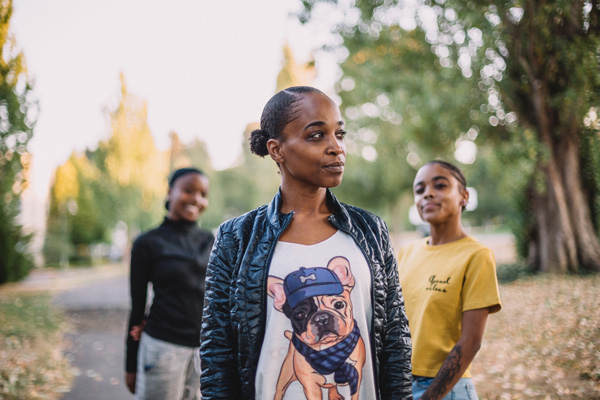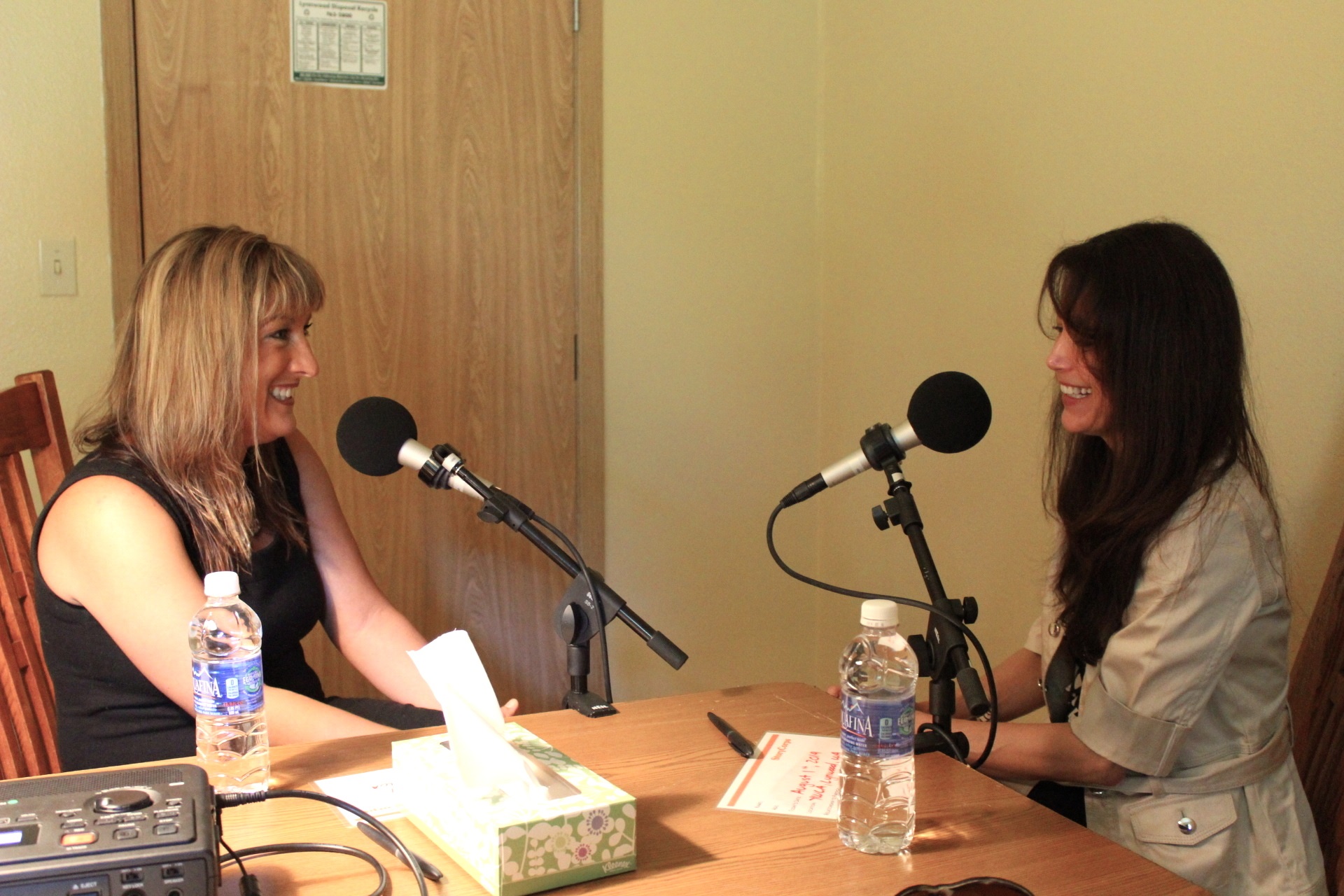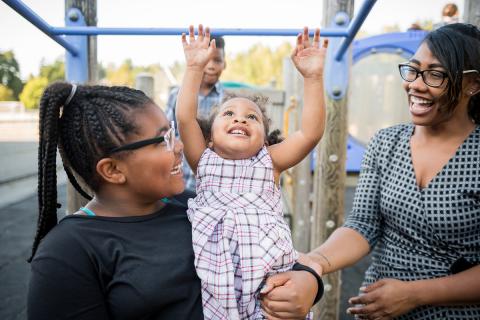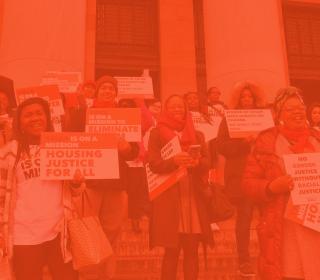We've written before about the importance of ethical storytelling on the Firesteel blog. Today, we're focusing on a specific type of ethical storytelling; strengths-based storytelling, which grounds the story in the expertise and ingenuity of those who the story is about. This is an important skill for anyone to develop to counteract existing narratives that are rooted in racism.
For example, King County’s Best Starts for Kids program defines strengths-based storytelling as “[framing] communities as they might see themselves, focusing on the strengths and assets they bring to our work, their positive visions for our future, and their resilience in the face of systemic and institutional inequities.”
That last part about resilience against systemic inequities is particularly important, as it provides a meaningful way to speak not just about how the larger injustices like racism and sexism impose themselves upon our society, but how those whose lives are at the intersection of those oppressions build community and joy in spite of them.
Changing the Narrative
Telling a story from someone’s strengths also means reversing the common narratives about communities and the kinds of services that YWCA provides. These commonly start by describing deficits in BIPOC communities and treat negative outcomes as inevitable.

This “weakness-based” storytelling is traditionally used in service of a “white savior” narrative that presents white people or white-led organizations at the “saviors” of BIPOC communities through solutions to the supposed weaknesses of those communities.
This frames identities like Blackness or gender expression themselves as the problem, rather than the inequitable treatment that Black folks and Black transwomen are subjected to. Doing so hides the root of the problem, which is racism and transphobia, behind a façade blaming the very women most negatively impacted by the problem.
Aside from being false, this framing is rooted in racism and undermines the power of communities and grassroots movements to impact change for themselves. At YWCA, we intentionally avoid perpetuating myths of “saving” our program participants, instead focusing on how they are powerful in their own right, and that we merely help them find the stability to use their power.
Using Strength
So how can you use strengths-base storytelling? You don’t have to work at a nonprofit, you can use these skills in your day-to-day life. Think about how you talk about the problems facing your community; are you telling the story of your own actions or the actions of BIPOC through a lens of strength or weakness? Are you blaming individual actors, or focused on the systemic injustices and the response of strength and resilience by the people hurt by those injustices?

Answering these questions will help you move towards using strengths-based storytelling in your daily life, whether that's at work, with your family, or in advocating for solutions to the biggest problems facing our region.
You can hear some great examples of strengths-based storytelling at the TEDxSeattleWomen event "Fearless" on November 13. Don’t miss out on the chance to hear remarkable talks and watch stories of “Women Who Dare.”

Eric Bronson is the Digital Advocacy and Engagement Manager at YWCA. He manages the Firesteel blog in addition to its social media streams and action initiatives. A graduate of Oberlin College, Eric focuses on the intersection of race and gender within the American political economy.
We tell the stories of those with lived experiences of racism and sexism and invite supporters to take concrete actions to correct the root causes of disparity in our communities.

